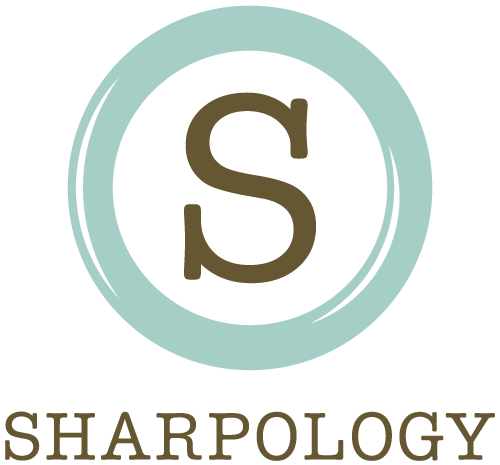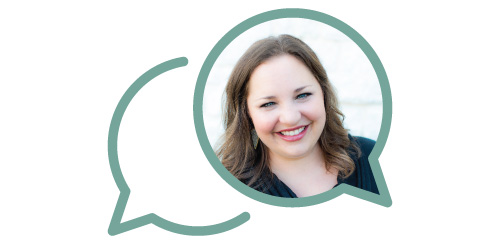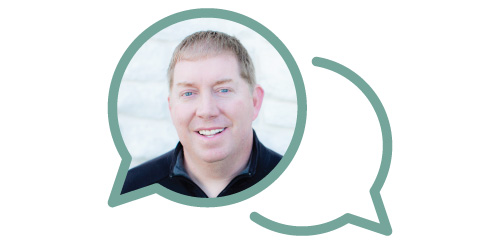The Paris Architect: A Review/ Conversation With My Better Half
The Sharps are a bookish family. The lovely Wonder Woman and I are both avid readers, and this really shouldn't come as a surprise since we coauthored a book together. Books are one of the most important things that we have in common, and we went to a bookstore on our first date. Of course, at the end of the night I got turned down for date #2, but that isn't what this blog post is about.
Recently we both read (technically listened since it was an audiobook) the book The Paris Architect by Charles Belfoure. Belfoure is an architect and The Paris Architect was his debut novel released in 2014.
Here's how Amazon describes The Paris Architect:
In 1942 Paris, gifted architect Lucien Bernard accepts a commission
that will bring him a great deal of money - and maybe get him killed. But if he's clever enough, he'll avoid any trouble. All he has to do is design a secret hiding place for a wealthy Jewish man, a space so invisible that even the most determined German officer won't find it. He sorely needs the money, and outwitting the Nazis who have occupied his beloved city is a challenge he can't resist.
But when one of his hiding spaces fails horribly, and the problem of where to hide a Jew becomes terribly personal, Lucien can no longer ignore what's at stake. The Paris Architect asks us to consider what we owe each other, and just how far we'll go to make things right.
Here is our exchange done over email. Yes, over email. It was more fun this way. Just in case this doesn't make sense the text below someone's picture is what they wrote. I think it makes sense this way, but then again I once thought it would be a good idea to unplug a stereo with a screwdriver.
Ok, so we are making this up as we go along, but here is the first question about the Paris Architect.
What did you expect going into the book, and did the book meet your expectations? Did it surpass them or fall short?
Since I had just recently finished reading The Hiding Place again by Corrie Ten Boom, I was sort of expecting a book about covert, heroic efforts to thwart the Nazis. Is it weird to say that the book both met those expectations and fell short of them? On the one hand, the heroism was obvious because you find this architect who was designing hiding places for Jews in German-occupied Paris, but on the other hand he was mainly doing it because of what he himself could gain from it, which is hardly heroic.
What were your expectations? What stood out most to you in the book?
I don't think it is weird at all to say that the book met your expectations and fell short at the same time. I kind of felt the same way. As a suspenseful thriller it was great, but I felt like the characters (with a couple of exceptions) disappointed me. Do you think that the architect, Lucien, was still in it for what he could gain by the end of the book? I felt like he changed along the way, but it was very subtle. Perhaps it would have been more noticeable if he, and every other character, weren't so occupied with mistresses and such. I'm still not sure how anyone had time to fight a war or resist the Germans with so many other things going on in their lives. And yes, this was my biggest annoyance of the book. That stood out most to me in a negative sense. On a positive note life in occupied France was a part of World War 2 that I don't generally read about so I found that very interesting and complicated.
What stood out to you, what character was your favorite? Or asked another way, what character would you be most interested in sharing coffee with?
Did the characters disappoint you because they weren’t developed in the way you prefer, or because their actions and attitudes were disappointing in the course of the story?
I think there was a change in Lucien’s attitude by the end of the book, but I think it mainly came about because of the way a certain tragedy affected him. Not because his moral compass started to point true north or anything like that. The mistresses and sexual content of the book were definitely unnecessary for the book’s success. Although it may be a fair representation of what Paris was like during this time, it seemed gratuitous and for the most part irrelevant.
I think I would want to have coffee with the Serraults, the Jewish couple who hid together in a couple of the hiding places designed by Lucien. Without giving too much away, I was deeply moved by their love and protection for not only each other, but other people also, when their own safety was so vulnerable.
Who would be your coffee (Dr. Pepper?) companion of choice?
What surprised you about the book?
I think the characters were largely disappointing because their actions were disappointing, but maybe disappointing is the wrong word. I felt like a lot of the characters were missed opportunities. One of the characters I really liked is a good example. At the beginning of the book Manet, the businessman who gets the architect involved in all of this, says that he is doing all of this out of his Christian duty to inconvenience himself for people in need. That idea gets dropped and later in the book he kind of poo-poos it as his motivation, but I felt like there was something missing there. So Manet would be my chosen character to share an ice cold Dr. Pepper with. I'd like to know what really made him tick because I think the book only gave us a small window into his mind. He seemed like a guy with a lot of redeemable qualities, something Lucien himself was a wee bit short of to me.
For my surprise I would have to say the ending, and I say it was a most pleasant surprise. The ending of one of these books has to make it worth the reader's while. It is a dreadful experience as a reader to get to the end and say, "Really? If I would have known that was the ending I never would have started this book." This ending felt very satisfying to me. It didn't necessarily tie everything up in a neat bow, but there is closure. So, to me, the ending was a nice surprise.
What surprised you? And as a good way to wrap it up, you mentioned the Hiding Place. When you put this book on a shelf with the Hiding Place, or even the Diary of Anne Frank, how does it compare?
Note to reader: There is a gap here of several days which is completely explained by my too-much-on-her-plate wife's response.
Oops, I just realized I never responded to this for you. Sorry!
I think what surprised me the most were the graphic scenes of torture. Obviously we know that the Nazis committed unspeakable acts against many people, but to hear about some of their tactics in such gruesome detail really made my heart sick.
The three books you mentioned were all so different from each other that it’s hard to compare them. Sure, they are all about Nazis persecuting Jews during World War Two, but the worldview of each main character couldn’t be further apart. In the Diary of Anne Frank, you’re seeing German occupation through the eyes of a young Jewish girl who was forced into hiding with her family. In the Hiding Place, you read the story of Corrie Ten Boom, an older, single woman in Holland who basically formed an underground network of spies and activists to help rescue Jews from the Nazis. And in The Paris Architect you read Lucien’s story, a reluctant, selfish man who helps hide Jews to benefit himself mainly.
I could go on and on about similarities and differences, but the bottom line is nothing comes close to The Hiding Place for me. It is, and will probably always be, one of my very favorite books.
Fine, blow my comparison out of the water, I see how it goes. It has been quite a while since I read The Hiding Place so I probably need to make a point to reread it this year.
Here is the final topic to end this conversation on. I always like to compare books to food because, as you know, I am just kinda quirky like that. For me I would say The Paris Architect is like going to a burger joint that has a great burger, but awful fries. Like In-N-Out Burger. The thriller aspect of this book was good, but all of the ancillary subplots (the mistress, etc.) were a real drag on the thing as a whole. So that's my final judgement - The Paris Architect is the In-N-Out Burger of books. What meal was this book for you?
I think that’s actually a pretty good food analogy. And just typing food analogy makes me think of Julia Roberts in My Best Friend’s Wedding, and how she is a food critic and uses food analogies to make the world understandable. But I digress. I would probably compare The Paris Architect to a dish that is mostly really good, but maybe the chef was just a little heavy-handed on the spices. The main components were really great, but they were almost overshadowed by the small ingredients.
This was so much fun we are going to do it again soon with one of our favorite books of the year, The Read-Aloud Family by Sarah Mackenzie.









